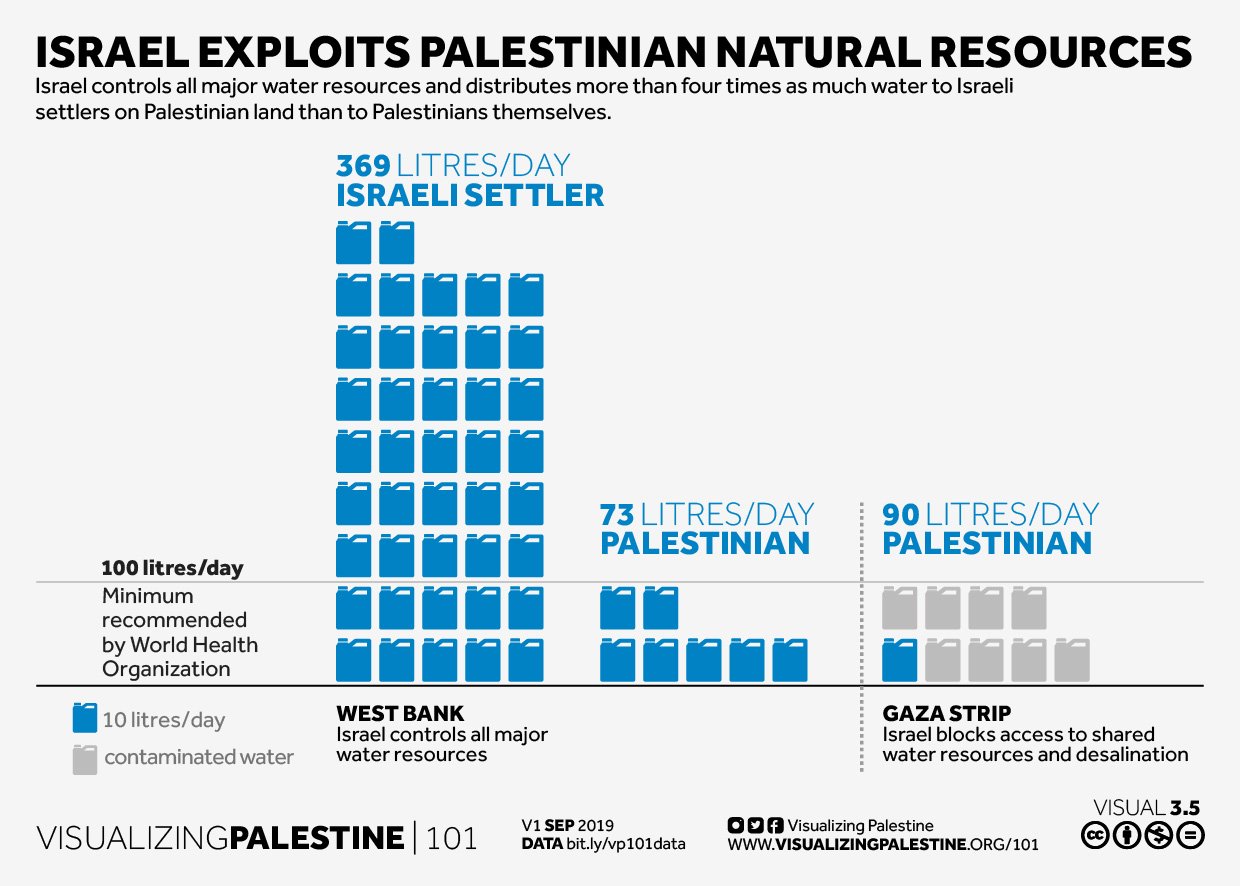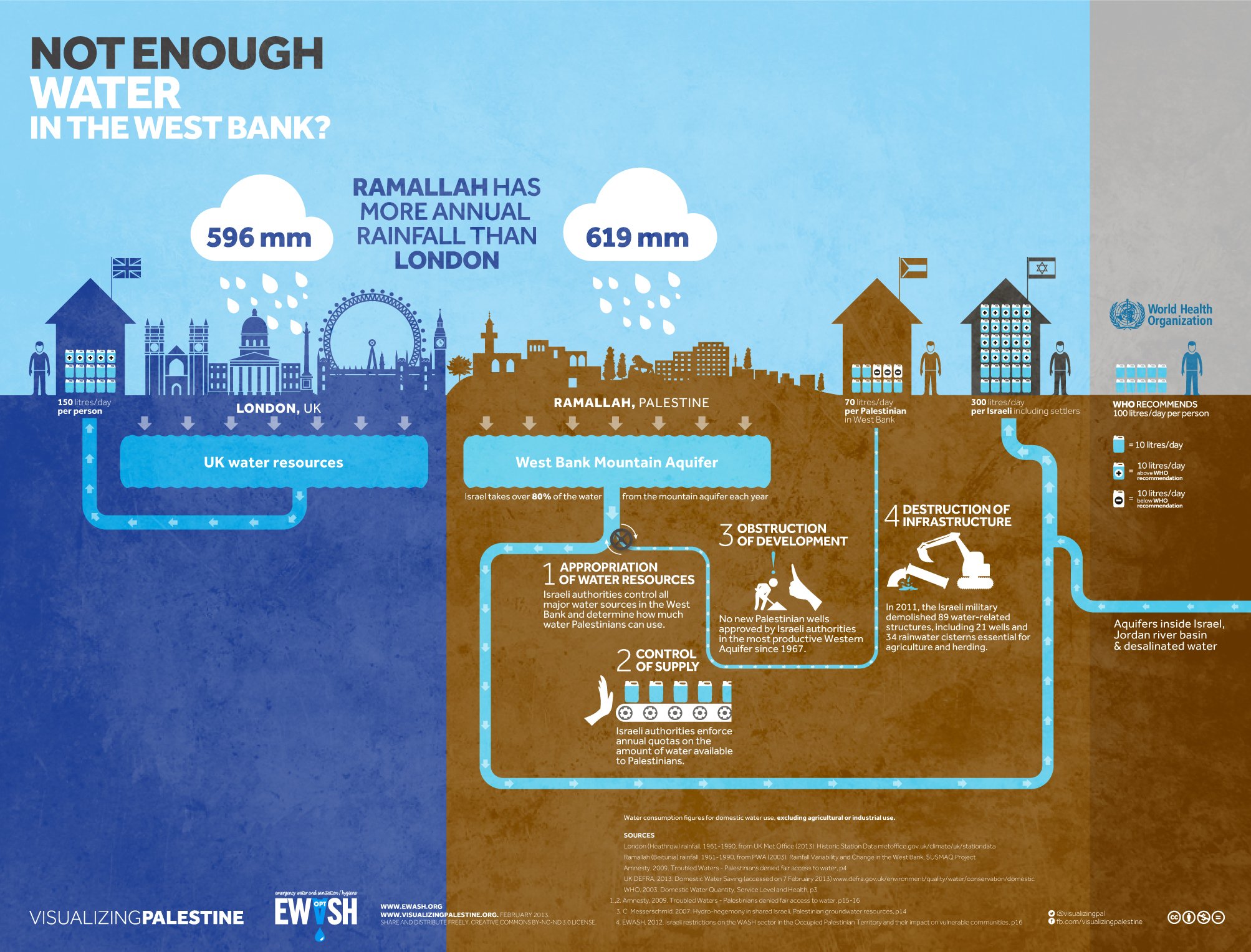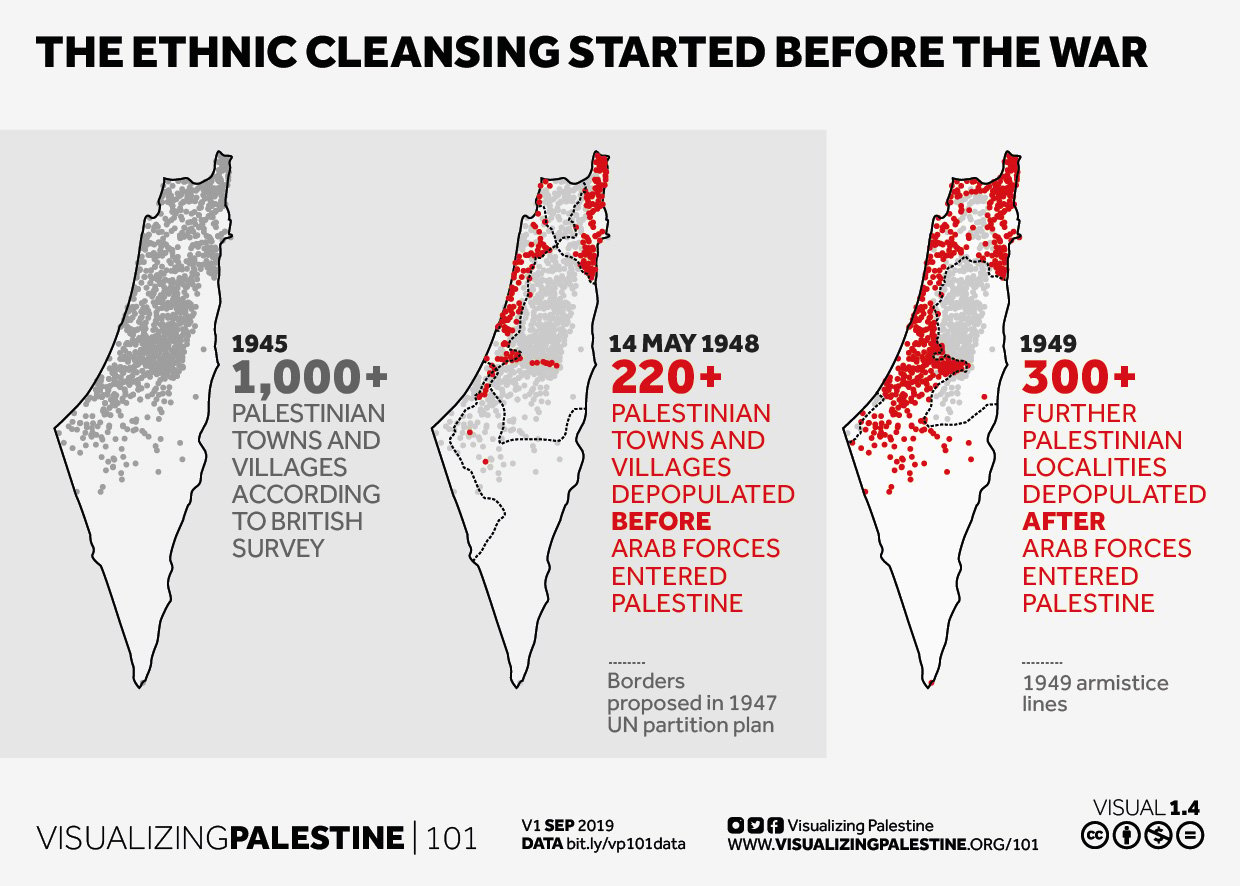

Because they could invest that money anywhere besides an Apartheid State committing genocide
In 2020, Intel was indirectly employing some 53,000 workers in Israel, and in 2022 Intel Israel declared record exports of $8.7 billion, constituting 1.75% of Israel’s entire GDP and 5.5% of all Israeli tech exports.
Intel’s declared goal from this investment, to “ensure that Israel remains a global center of semiconductor technology and talent,” is politically and ideologically driven. Intel CEO Pat Gelsinger has paid over 100 visits to Israel, and considers Intel’s business in Israel “deeply personal” to him.
In comparison, Intel has suspended plans to invest $20 billion in new chipmaking facilities in Ohio (US), driving jobs away from the US to apartheid Israel.
Apartheid Chips - #BoycottIntel
Plus, Israel steals their water from the Palestinian people




For those who can’t for whatever reason, look into the LTSC version of windows at https://massgrave.dev/windows_ltsc_links
No reason to give Microsoft any money, every reason not to